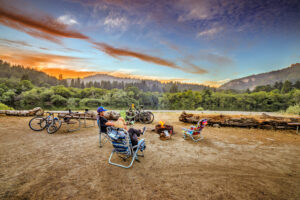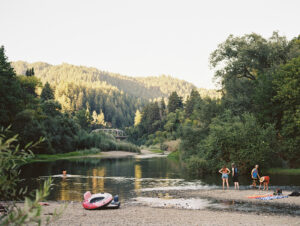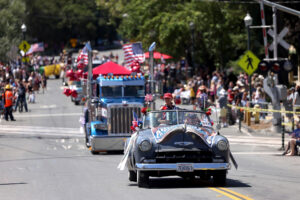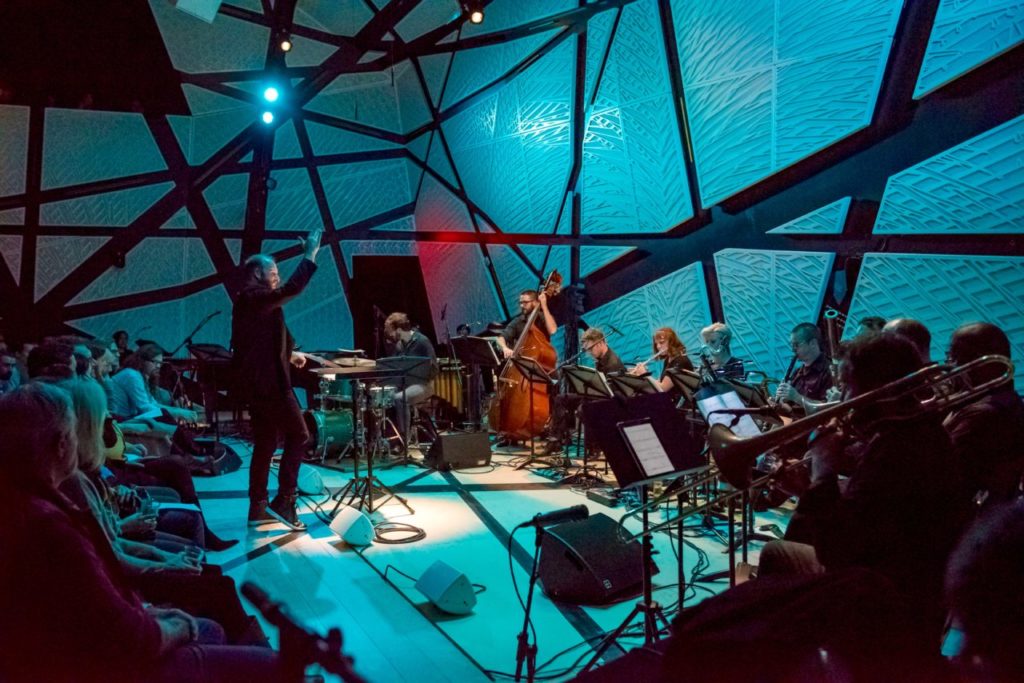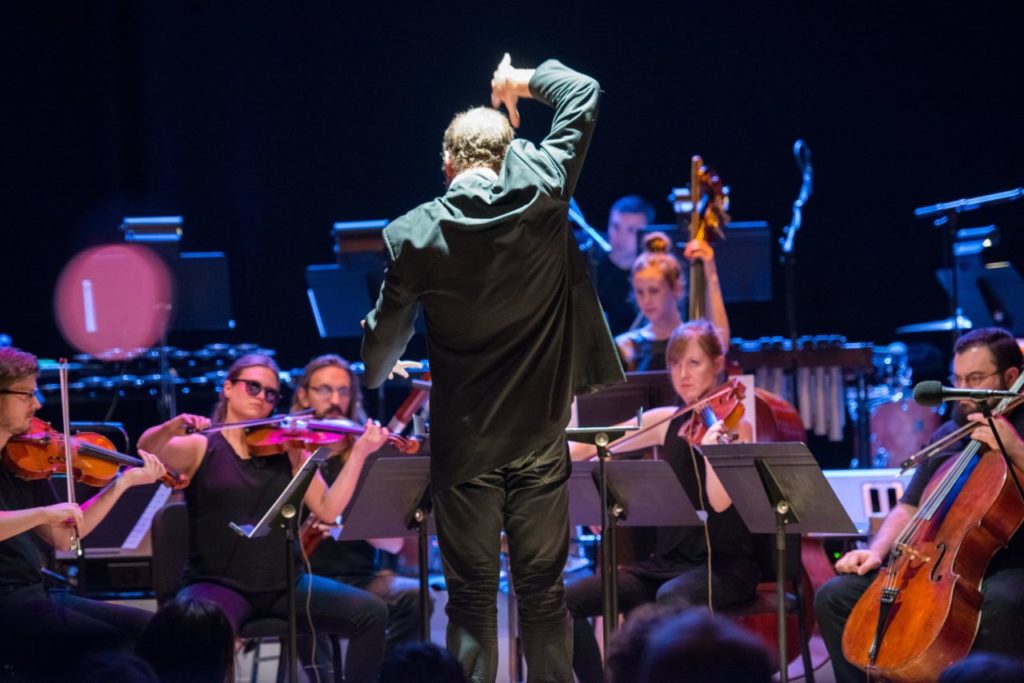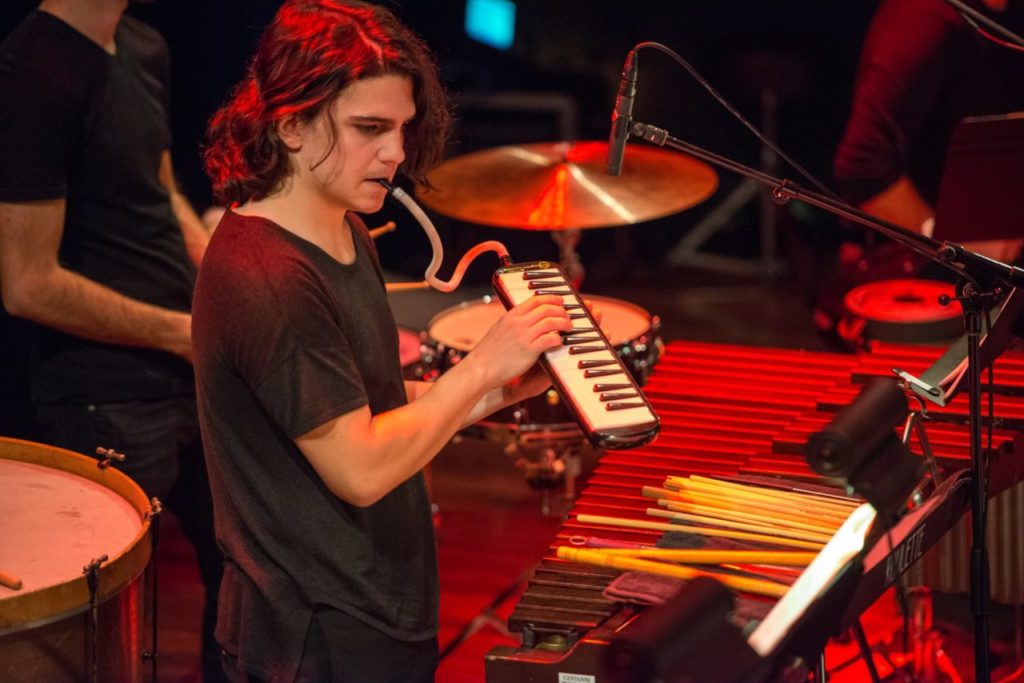The 1960s had “Blowin’ in the Wind.” The 1980s had “The Message.” But in 2019, at a time of unprecedented tumult in the nation’s capital, where are today’s protest anthems?
That’s the question Christopher Rountree, leader of the modern classical ensemble Wild Up, hopes to remedy with his February 22 performance at the Green Music Center, titled “We, the People: Arts as Activism.” It’s also something he’ll address as the group settles in for a multiday residency at Sonoma State University, in which the ensemble will collaborate with students to create daring new compositions.
“Many of us in music have been very depressed for the past two years,” the 32-year-old composer says. “And part of that comes from not knowing how to respond. Music is such a temporal, fleeting, transitive art form, and what we’re doing feels, very often, irrelevant.”
With the aim of firmly re-establishing relevance, part of Wild Up’s concert program involves digging into the past and performing songs of dissent from Nina Simone and John Lennon — the songs, Rountree says, that “were moments in history when someone played music, and it was so powerful that something physically changed.”
Formed eight years ago in Los Angeles, Wild Up consists of 27 members who play traditional strings and horns alongside conch shells, electric bassoon, and laptop software. Given the group’s inventive instrumentation, it’s no surprise that in addition to songs from the past, Rountree has a few modern ideas up his sleeve.
Take the Dutch composer Louis Andriessen and his experimental 1975 piece “Workers Union.” It involves a prescribed rhythm, but no rules for pitch, or key, or melody; the musicians simply play whichever notes “feel right.” Andriessen placed an official note for musicians in the sheet music: “Only in the case of every player playing with such an intention that their part is an essential one, the work will succeed; just as in the political work.”
“I love that he put that in his instructions,” says Rountree. “It’s such a democratic idea.”
For Rountree — who cites both Pete Seeger’s “Where Have All the Flowers Gone?” and X-Ray Spex’s “Oh Bondage Up Yours!” as equally beautiful sources of inspiration — effective protest music isn’t about preaching on social or political issues. It has to tell a story to hook people, he says, and then it has to make people think, and has to be direct.
“It’s like this iconic concert that Beyoncé did at Coachella with this huge marching band. It was so well-prepared, and powerful to see this giant mass of people, standing together. It didn’t look like a conventional protest-song concert, but certainly it’s protest music. It’s not negative. It’s uplifting.”
“We, the People: Arts as Activism” takes place Friday, February 22, at 7:30 p.m. Tickets range from $25 to $55. Green Music Center, Sonoma State University, 1801 E. Cotati Ave., Rohnert Park, gmc.sonoma.edu



